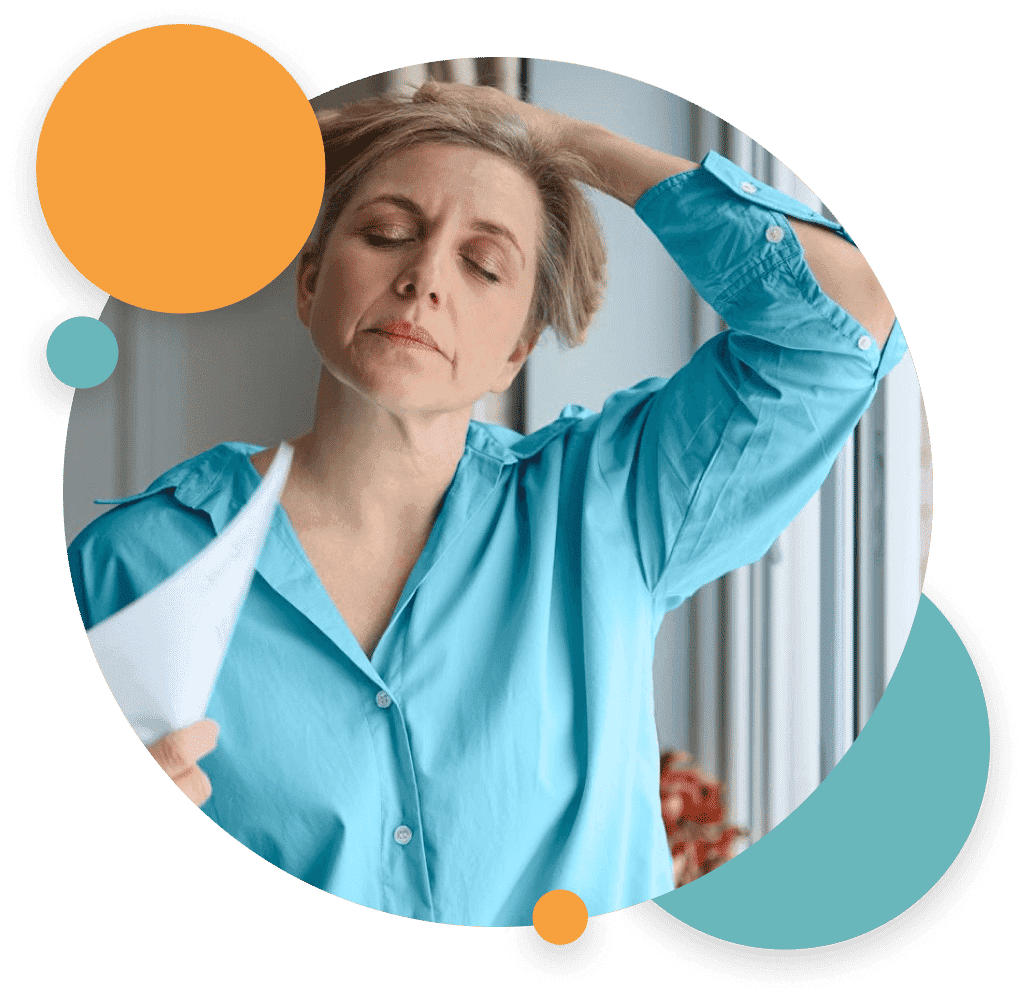Diagnosing Menopause
Menopause
Obie Editorial Team

As a woman ages, she may start to notice changes in mood, libido, and menstrual cycle. These changes are common symptoms of menopause, but a verifiable diagnosis cannot be given from symptoms alone. There are several tests used by gynecologists to determine whether a woman has indeed passed into menopause, or if she is well on her way.
FSH Testing – follicle-stimulating hormone
Testing for FSH levels in the blood is a common fertility treatment, but women who are reaching menopause years, may use the test for a completely different reason. FSH is responsible for maturing eggs and releasing them for fertilization. FSH also helps control menstrual cycles. Women concerned about entering menopause can have FSH levels tested. If they are above normal, doctors may use that level as a baseline for future tests.
FSH blood tests, performed with a doctor’s prescription, are not a defining test for a menopause diagnosis. FSH levels can fluctuate up until the final day of the final menstrual cycle. While high levels could mean a woman is passing into menopause, there is no real surety to the test results.
Home FSH testing – urine-based
Home FSH testing is being marketed as a home menopause test, but this title is invalid. While urine tests tend to be just as accurate as blood tests, blood tests are not an accurate means of diagnosing menopause. These tests are better suited for measuring high levels of FSH as opposed to low FSH levels, which is a common symptom of menopause but high FSH levels are also associated with the menstrual cycle.
Despite the lack of medical support for home FSH tests, retailers continue to market these tests as a viable option for women nearing menopause. Test manufacturers suggest taking a second test if the first test is positive. A positive test for menopause would typically measure an FSH level above 50.
Final diagnosis of menopause
Medical science is constantly working to figure out menopause, but the case is still open. Menopause is officially diagnosed when a woman has no period or menstrual cycle for at least 12 months straight. During this time, it is important to keep a journal of all medical questions and symptoms suffered. Hot flashes, vaginal dryness, loss of libido, and mood swings are very common. Menopause is not a time in life to suffer, there are treatments available to reduce or relieve all menopause symptoms.
Read More












